Finding a disabled-friendly holiday can be a nightmare for families with additional needs. Antonia Windsor reports on the obstacles they face and the travel organisations going the extra mile to offer them fun, freedom and adventure
Don’t worry, you go to breakfast with the kids, I’m not that hungry,’ said my husband, ushering us out the door of our little holiday apartment perched on a hill. Our children were aged two and three, and I had booked us a last-minute holiday to Fuerteventura in the weeks before Christmas. It was cheap, as it was term time, and cost had been the only thing on my mind when I booked.
I took the kids down the long steep slope to the restaurant, trying to pull back on the buggy to stop it rolling down too fast. I didn’t think anything of my husband’s refusal of breakfast that first time, but then he began to turn down lunches too, and only reluctantly accompanied me to dinner. My husband has a severe spinal injury from a car crash that initially left him paralysed. He is not in a chair but walking is difficult and painful for him. Slopes are particularly challenging. I hadn’t thought when booking to find out what the walk from our apartment to the restaurant would be like, and in my ignorance had booked my husband a holiday that he couldn’t enjoy.
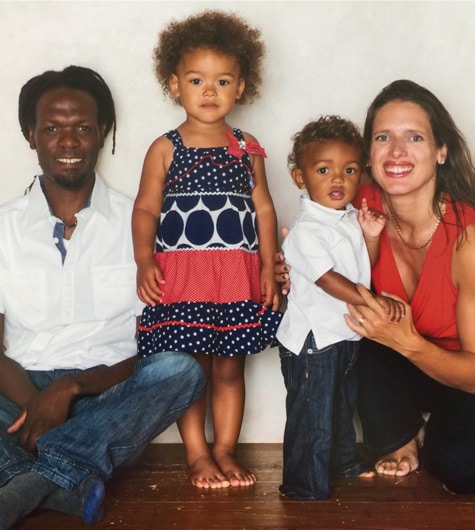
Antonia and her family
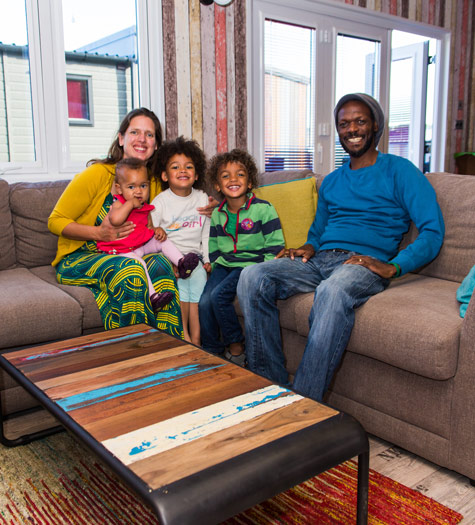
When you have family members with additional needs, booking holidays is not always straightforward. And what is accessible for some may not be accessible for others – for example, the disabled lanes at theme parks often include long winding slopes that are good for wheelchairs but difficult for people like my husband to manage. Similarly, a wheel-in shower might be suitable for an adult in a chair but not for a child who would do better in a bath. You can often spend hours on the internet trawling for a holiday that will suit your particular needs.
And, according to a recent study, messages sent about access requirements often go unanswered. The user experience agency Sigma sent requests to 132 tourism organisations in the UK (from trainlines to airports) on behalf of those with wheelchairs, and a shocking 54 per cent of businesses did not respond at all to the requests, even when it was directed to a special access email address. But don’t let this put you off, as there are some amazing companies that will do all the leg work for you.
One such company is the Ski 2 Freedom Foundation, which has been enabling families to enjoy the rejuvenating environment of the Alps and elsewhere for a decade. Founder Catherine Cosby works tirelessly to empower adults and children with conditions ranging from cystic fibrosis and cerebral palsy to Down’s syndrome and dyspraxia to take to the slopes and experience the exhilaration of mountain sports. ‘I have spent many years visiting resorts, talking to ski schools and acquiring a deep understanding of what is available, which I pass on to families through my intensive concierge service,’ explains Catherine, who herself has a child with additional needs.
Ski 2 Freedom is a charity, so there is no cost to the beneficiary, though a contribution is encouraged so that the service can benefit as many people as possible. ‘People come to me with a desire to have a winter holiday and I talk through their needs and recommend accommodation and ski schools that suit their requirements,’ Catherine adds. ‘They might need to hire blades for a wheelchair, a sit-ski or a hoist, and I can help them with that. Some may then book the holiday themselves, or I might do that for them.’
Through her work, Catherine hopes that the ski industry now recognises the value of being inclusive. ‘When I explain that beneficiaries of the foundation – not including all the family that go with them –have booked holidays totalling €13m since we started, I think people see the value in adapting their provision.’
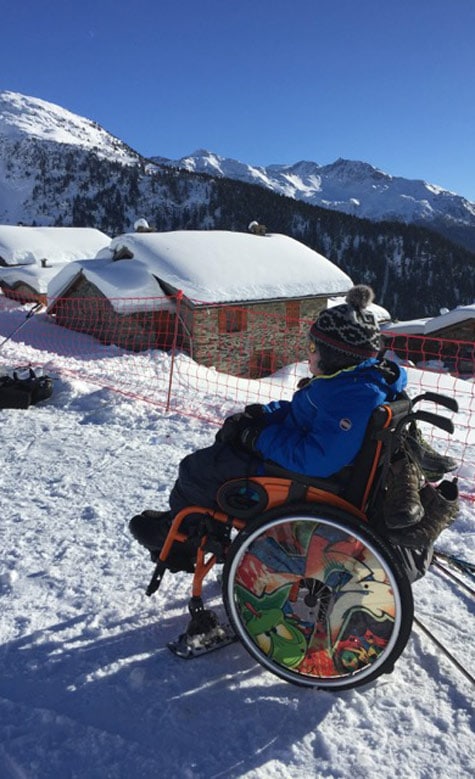
Accessible ski holidays are possible
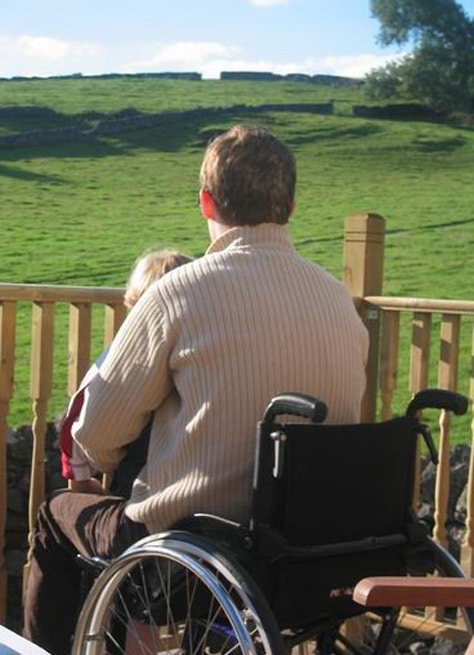
Another useful companion to booking an accessible holiday is the travel company Disabled Holidays. The team there understands the full gamut of disabilities and special needs, and has access to a wide range of suitable holidays, from beach resorts and cottage rentals to safaris and cruises. Its website (disabledholidays.com) provides inspiration on the types of holidays possible and is a good place to find out about specialist provision, such as the dementia-supported breaks provided by MindforYou or holiday grants available from organisations like Make-A-Wish UK and the Sandcastle Trust.
However, the company’s real value lies in its travel office, which is staffed by people who have a wide knowledge of the market and are able to suggest things you wouldn’t necessarily think of yourself. ‘All of our team are highly skilled in the travel industry and also receive disability awareness training and visit equipment suppliers and properties,’ explains business development manager Gillian Moorhouse-Hoole. ‘We have a mixture of trained staff with backgrounds in travel, care, disability and therapeutic [work]. Several staff members have personal experience of holidaying as a family where a member of their family has a disability, which is very beneficial when dealing with families.’
Sometimes you will be able to take a holiday to a popular resort. In the UK, Butlins, Center Parcs and Haven Holidays all have good accessibility provision, as do Walt Disney World in Orlando and Disneyland Paris. The major travel company TUI has a specialist phone line to call if you have access needs (0203 451 2585). At other times, you might need the enhanced provision from a company such as Revitalise, which organises respite holidays for families needing 24-hour on-call nursing support. And sometimes you might just want the support of others who understand exactly the demands of your particular caring role, such as the Type 1 Diabetes Family Camp in Sequoia National Park that Sally Hodgkinson visited (see p72) or the Beaches Resorts in the Caribbean, which provide one-on-one buddies and art classes with a Sesame Street character called Julia for children with autism.
Remember, there are people who share your needs in every country of the world, so nowhere should be off limits for your family.
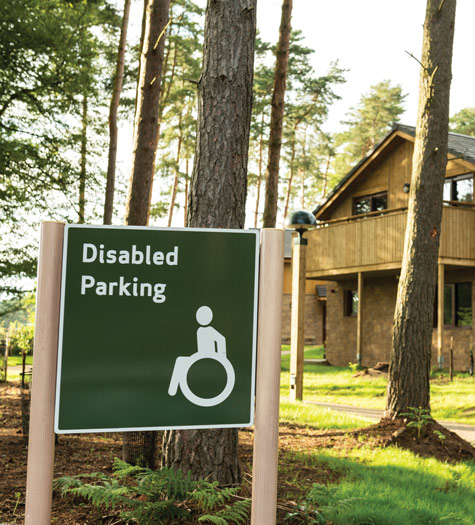
Accessible parking facilities at Center Parcs